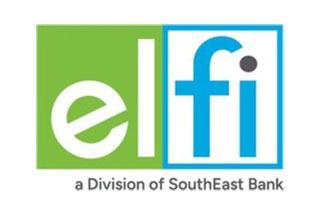Only 1 in 5 People Think College Is Worth the Money if You Need Student Loans

Is college worth the money? Fewer Americans are weighing in with a definitive yes in this never-ending debate, as college costs remain expensive and people without degrees earn higher incomes.
According to a new Pew Research Center poll, only 22% of Americans believe that college is worth the cost if the person has to take out student loans. Nearly half (47%) say that college is worth the money, but only if you don’t need loans, while 29% think college is not worth it, period.
In another sign of the relative value people place on higher education today, 49% of those surveyed by Pew say a college degree is less important to getting a high-paying job than it was 20 years ago. By contrast, only 32% think a college degree is more important for landing a good job compared to 20 years ago and 17% say the level of importance hasn’t changed.
Why sentiment is souring on the value of college
Pew’s new survey data mirrors other research indicating a decrease in people saying college is worth the money. For years, there’s been a general decline in the belief that college pays off, largely due to rising costs and subsequent student loan debt.
Since 2000, average published tuition and fees, even after adjusting for inflation, have increased 46% at private colleges and a whopping 81% at public four-year colleges, according to data from education nonprofit the College Board.
More recently, there's been growth in opportunities to make a good living without a bachelor’s degree, which seems to also be affecting the relative value people place on college.
“After decades of falling wages, young U.S. workers (ages 25 to 34) without a bachelor’s degree have seen their earnings increase over the past 10 years,” the Pew report explains. “Their overall wealth has gone up too, and fewer are living in poverty today.”
The complication is that while people without college degrees are earning higher income, their college-educated counterparts have been growing their wealth as well, and the gap in earnings and net worth is widening. The median earnings for young men working full time with just a high school education has increased by about $5,700 from 2014 to now, according to Pew data. At the same time, earnings for young men with four-year college degrees rose by $9,500. (Pew's numbers are in 2022 dollars, adjusted for inflation.)
The trajectories and earnings gaps are similar for women. Median earnings for young women with just a high school education working full time rose roughly $5,100 over the past decade, compared to an increase of almost $10,000 for young women with bachelor’s degrees.
The changes in net worth for different groups is perhaps the best indication of whether or not college pays off. Among households headed by high school grads, median wealth increased from $12,700 in 2013 to $30,700 as of 2022.
That seems like a sizable leap, but it pales in comparison to the net worth growth among households with college degrees: $46,600 to $120,200.






